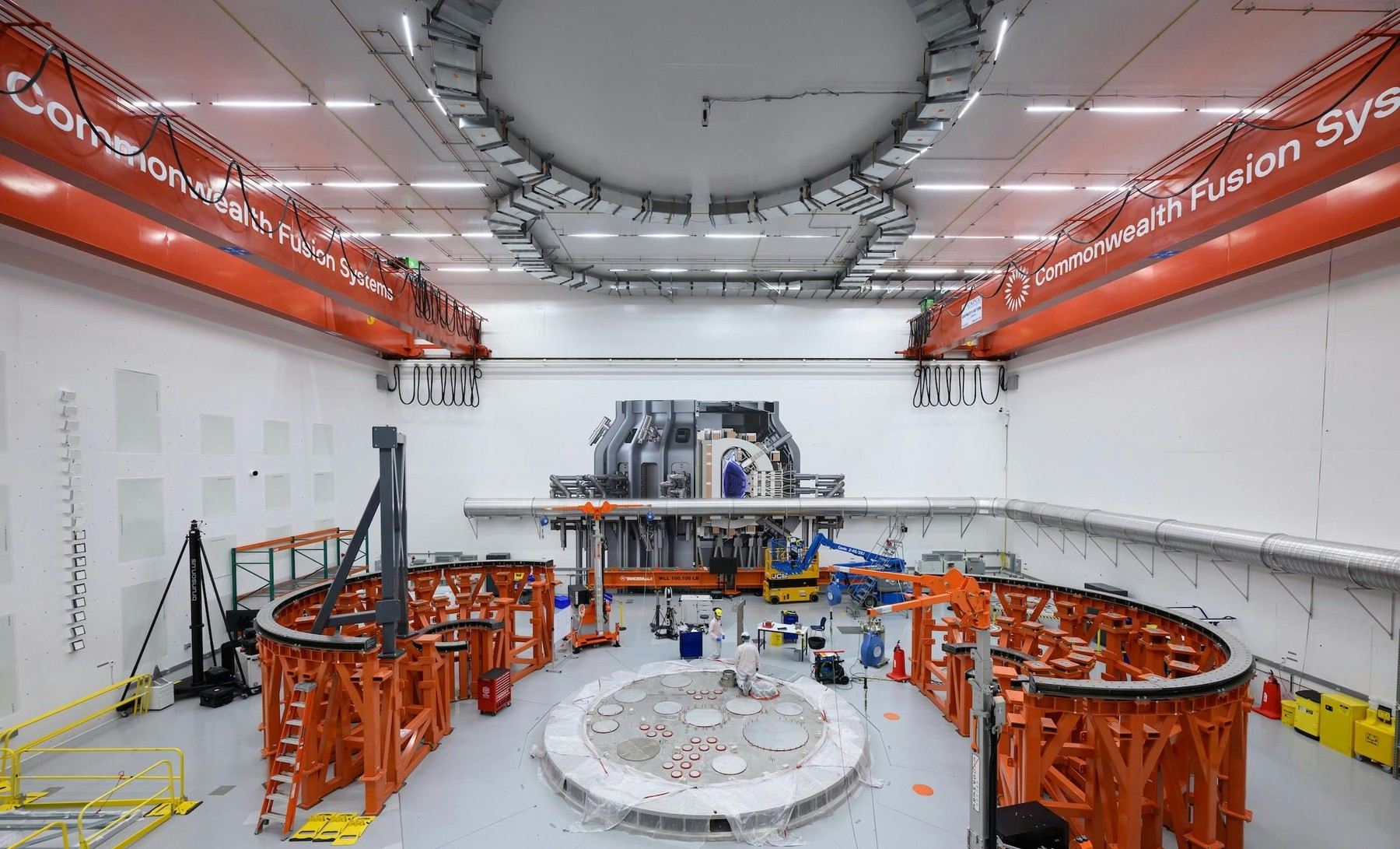Climate Insider Brief:
- Berlin-based climate tech startup Project Eaden raised €15 million in a Series A round, bringing its total funding to €27 million.
- The company creates plant-based meats using fiber-spinning technology that mimics animal meat’s taste, texture, and structure, while reducing environmental impact.
- Project Eaden will use the funds to scale production, launch in Europe starting with Germany in 2025, and expand its product range, including plant-based ham in REWE supermarkets.
Berlin-based climate tech startup Project Eaden has successfully raised €15 million in an oversubscribed Series A funding round. The investment, which was led by Planet A and REWE Group, saw participation from DeepTech & Climate Fonds, Happiness Capital, AgriFoodTech Venture Alliance, as well as existing investors Creandum and FoodLabs.
Founded in 2022, Project Eaden specializes in developing plant-based meats using innovative fiber-spinning technology inspired by the textile industry. The funds will be used to scale production, expand its product range, and support a European retail launch.

Christoph Gras, General Partner of Planet A, emphasized the growing potential of plant-based alternatives: “Research suggests that plant-based products could replace 11–22 percent of global meat consumption by 2035—but only if improvements are made in taste and texture.”
He continues, “Project Eaden is leading this shift with its new fibre technology, which delivers a meat alternative that will appeal even to the most skeptical consumers. This first-of-a-kind approach is a crucial step toward decarbonizing the food sector.”
The latest funding brings Project Eaden’s total raised capital to €27 million, including a €10 million seed round and €2 million in public grants in 2022. The company’s cutting-edge technology is poised to make a significant impact on the European market, with the first product launch set for 2025.
Co-founders Dr. David Schmelzeisen, Hubertus Bessau, and Jan Wilmking, have pioneered a plant-based material that mimics the texture and structure of animal meat. According to Wilmking, “We are here to make the switch away from animal meat consumption a no-brainer. Our products deliver on taste, texture, and nutrition.”
Schmelzeisen adds, “Our proprietary tech is versatile across meat types, cheap and highly scalable.” The company’s approach reduces the environmental impact of traditional meat production, cutting greenhouse gas emissions, water use, and land use significantly.
For example, each kilogram of Project Eaden’s product reduces CO2 emissions by up to 20 kg, saves 56 m³ of water, and cuts land use by up to 20 m², making it a more sustainable option for the growing global meat demand.
Looking ahead, Project Eaden plans to introduce its plant-based ham in thousands of REWE supermarkets across Germany in the first half of 2025. The German ham market is valued at over €2 billion, providing an exciting opportunity for growth.
With this fresh capital, Project Eaden aims to expand its presence across Europe, enhance production capacity, and continue its focus on research and development to refine and diversify its offerings. The company is also actively hiring in operations, engineering, marketing, and sales to support these ambitious goals.
As Project Eaden continues to innovate and scale, it is well on its way to becoming a leader in the plant-based meat sector, driving both consumer demand and environmental impact reduction in the food industry.
Featured Image: Credit: Project Eaden








